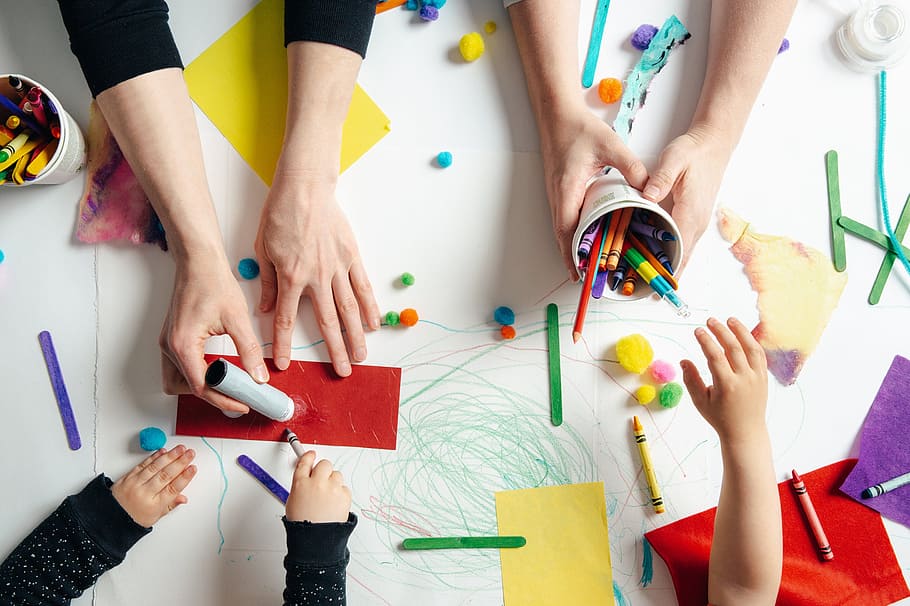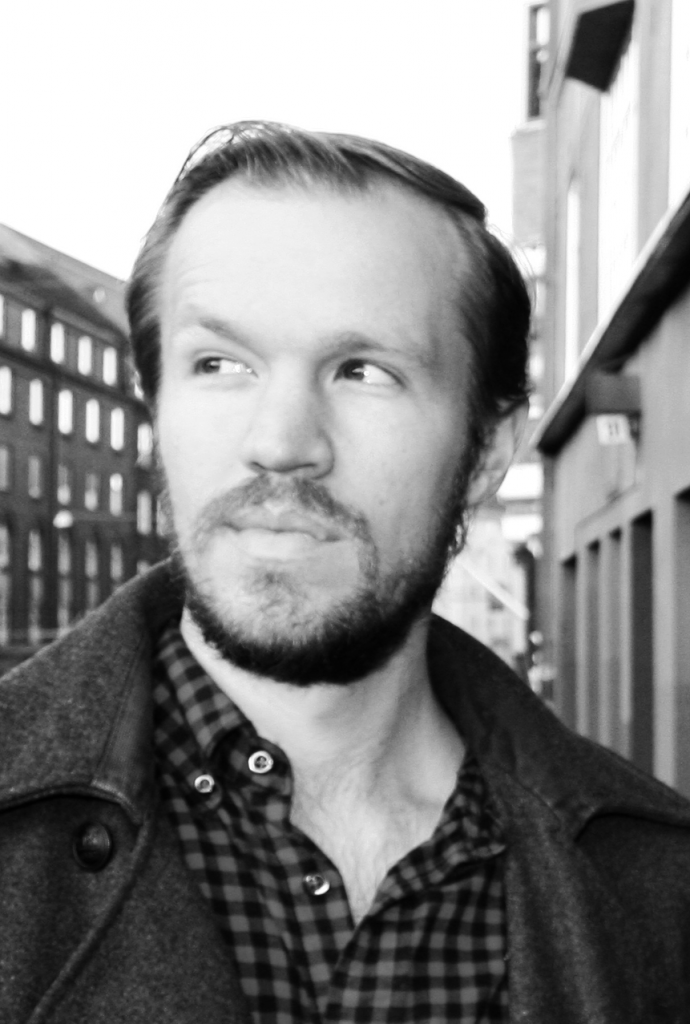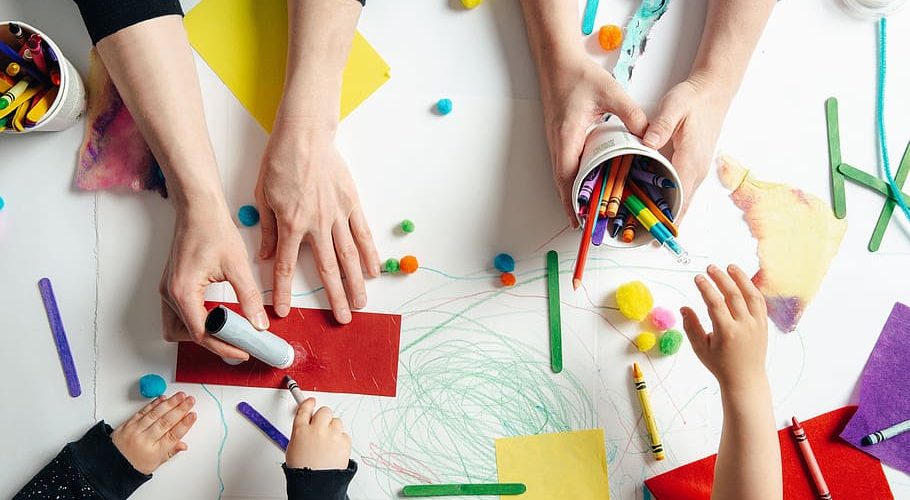

Jake McMullen, PhD, Adjunct Professor (Docent) and Postdoctoral Researcher at the University of Turku, Finland, shares his thoughts on reimagining young children’s learning during the Covid-19 pandemic:
In these extraordinary times, parents of small children are faced with a novel challenge. Not only do we need to navigate the typical work-life balance, but we are also suddenly much more involved in our children’s educational experiences.
For parents with small children in early childhood education, including the first years of elementary school, this transition provides particular challenges. For my wife and I, who have found ourselves at home with a four and six year old and two full-time jobs, we have embraced some of the fundamental tenets of the Finnish education system. In doing so, we find ourselves surprised with how smoothly things have gone, despite it all.
We now have the opportunity to reimagine how we perceive young children’s learning. The fundamental fact is that you are, most likely not an education professional. Unfortunately, high quality education requires just that, a professional. But, there are ways you can shape how you and your children approach the day that will not only provide sanity for you, but also engaging and effective learning opportunities for your child.
First, let them play. Children are made to play, that is even how they learn best. No, they will not become expert readers or mathematicians through play-based learning alone. All the same, they will gain valuable comprehension and numeracy skills that build strong foundations for later academic success.


A crucial feature of mathematical development is the tendency and ability to use mathematical knowledge in everyday contexts. Everyday life – not just controlled situations like cooking, but also play and exploration – offers many opportunities to practice existing knowledge, such as counting and comparing, but also more complex ideas such as half (which kids know all about from sharing situations). We also know that practicing with math ideas in everyday life also builds adaptable knowledge, which is crucial for future learning.
What can you do, in between your endless stream of zoom meetings? Model this mathematical thinking. Show your child where they can use their mathematical knowledge. So, when you are serving your kids their quick lunch of a pb&j and carrot sticks, count the number of carrots sticks on each plate. Are they equal? Who has more? Less? Is that fair? How was the sandwich cut? In half? How do you know?
On top of this is the fact that play is crucial for children’s emotional and social development. For all the talk about 21st century skills and collaboration skills, it’s amazing that so little attention is paid to the extremely rich environments play based learning offers. This is a crucial feature of the Finnish education system, even in elementary school, where kids get 15-minute breaks every hour and first grade is from 9am-1pm.
Formal skills and high-level learning require highly structured learning environments. That is why schools were created. But, before this, children learned by being around adults and modelling their activities. For older children, who might have moved on from pretend play, let them help with some basic (preferably not menial) task you are doing for work. Make it simple, but interesting. But, for your younger children, let them play. The worlds they create and explore are rich with opportunities to learn and play is, after all, what they do best.
This includes allowing your children to spend more time with digital devices if needed. But, look to make this time interactive, not passive. Thing of games and apps that engage your child in some way (we love PBS games and Khan Academy Kids apps in our house). A balance of digital and analog play will hopefully also give you some peaceful moments to do more thoughtful work. Creating a schedule around these activities helps avoid the constant questions of “when do I get to play”.
Giving yourself some grace in not having to be both a perfect parent and a perfect teacher (along with a perfect employee) is certainly an added benefit to this all.


Jake McMullen, PhD is an Adjunct Professor (Docent) and Postdoctoral Researcher at the University of Turku, Finland and previously taught Mathematics and English in Florida, where he was raised. He has spent the last 12 years studying educational psychology and mathematics education in Finland, where you can find him with his family, running shoes, and drumsticks drinking all the coffee.








Add comment